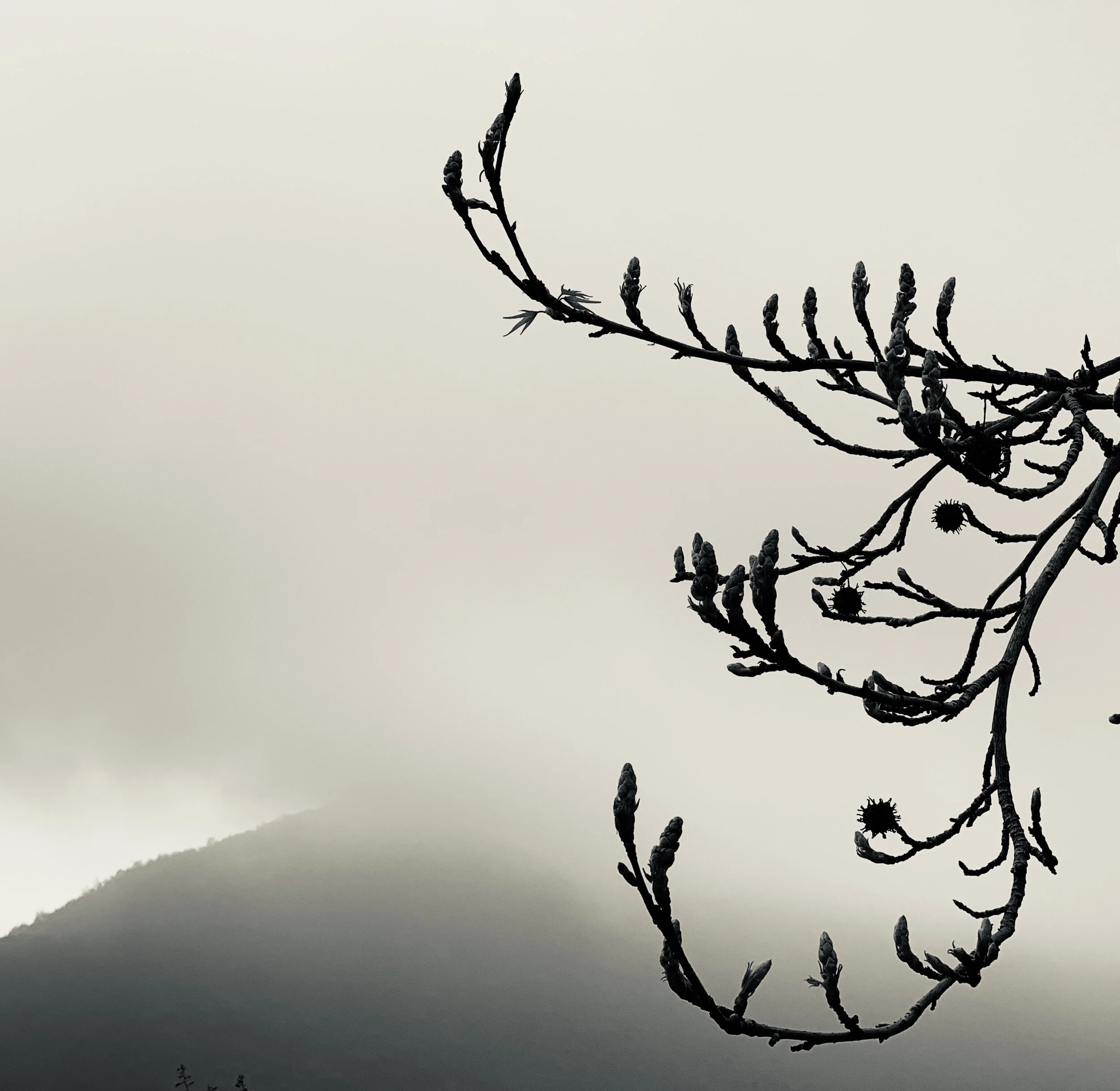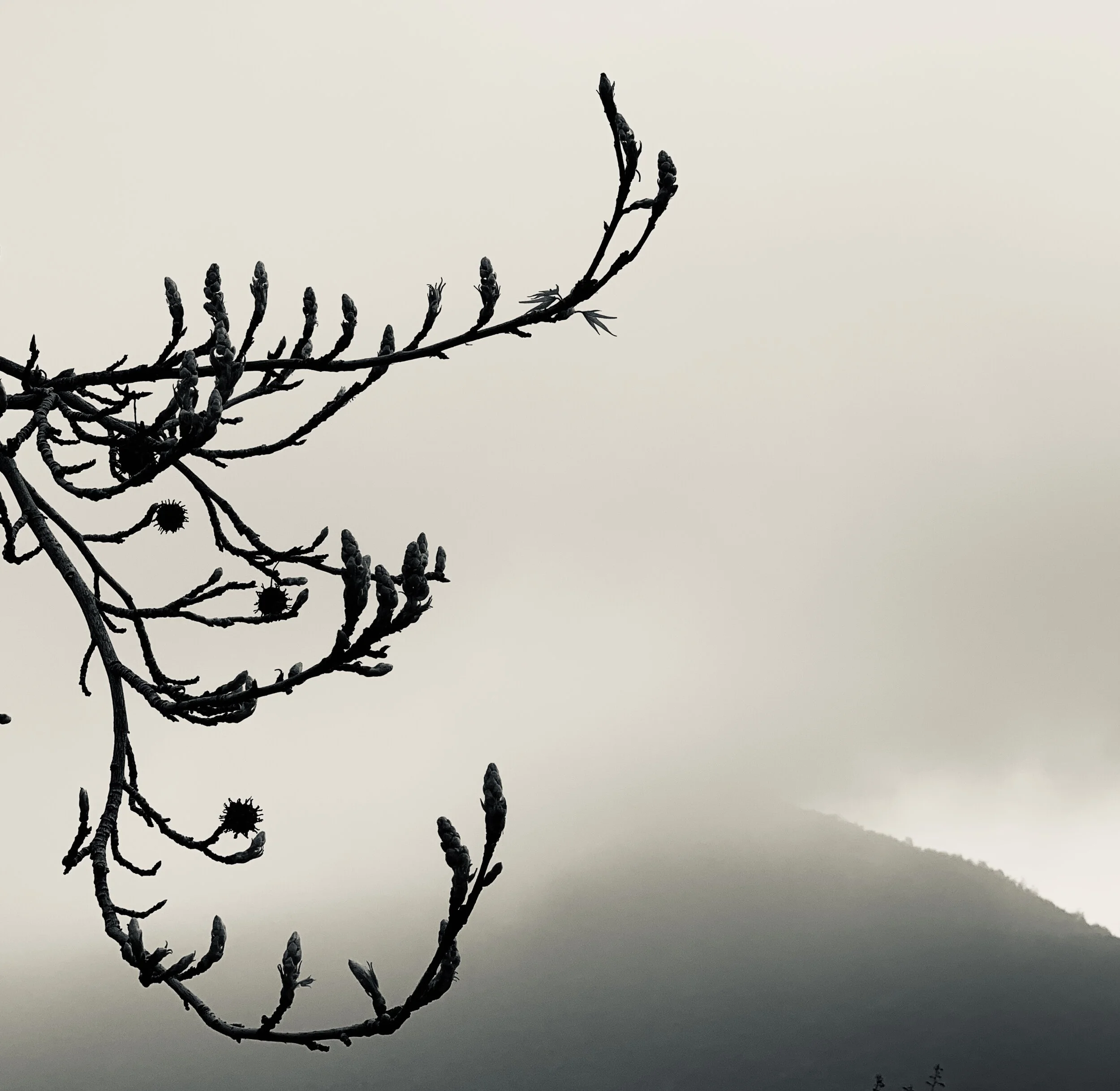Sometimes we come across books, documentaries, or other vessels of knowledge that we should have read when we were twenty two. Except they had not existed yet at the time. Now they do, and they are ready to shake up our minds.
Fifth Sun: A New History of the Aztecs by Camilla Townsend. There are secrets in the world that we can only speculate about. It can be pleasureful to dream of these questions, but they will be nothing but painting exercises until we know more. We always thought that the history of the Aztecs was one of these lost secrets. The delight that finds us when this book appears in our hand is celestial. It is like going diving for the first time. A new world emerges where we only projected stories so far. We are struck by the detail, by the new pages of world history that are gifted to us, but also a deep insight into who we are as humans.
Who We Are and How We Got Here by David Reich. As we grow up, we soak up knowledge about where we come from. This used to come in supernatural narratives populated by imaginary characters. Today we learn, often parallel to the traditions, our scientific origin myth. Some discoveries shake this view. Often these are about the physical universe, or the living one. But, rarely, it is about us, humans. This book is a brilliant summary of one of these self-knowledge revolutions. How reading the DNA found in bones of people who lived deep in our past literally rewrote our species’ history.
Alphago. A documentary about the Go battle between Lee Sedol and the Computing Intelligence ‘AlphaGo’. In 2016 the 18-times human world champion of Go was defeated by the computer algorithm AlphaGo. There was one particular moment, when AlphaGo used a creative move. Something that the human commentators associated with imagination. We see the face of Lee Sedol as he processes this step, considers how he should respond. In the waves of emotions a single human’s struggle captures our species’ challenge to tackle our rising technology overlords.
Other Minds: The Octopus and The Evolution of Intelligent Life by Peter Godfrey-Smith. Because we are so very smart, we humans, we obsess with the search of other smart beings out there. This usually takes the form of searching for extra-terrestrial intelligence — we think so very high of ourselves that we cannot really imagine there being an another one on this planet. Unless of course, we think it is an imaginary agent, all of whom are suspiciously like us. This book shakes us out of species narcissism. We learn of another intelligence, one that shares almost no thinking roots with us, and with that learn about ourselves.
Bonobo and Chimpanzee: The Lessons of Social Coexistence by Takeshi Furuichi. We do not know enough about the social lives of our nearest relatives. Which is odd because we and they are so intensely social, much of which behaviour is genetically inherited. So if we want to know more about ourselves, which is one of our favourite obsessions, then we should learn from the two ape species that are closest related to us. Although there is much in terms of scientific papers on these two species, comparisons, especially ones that cover many aspects of social lives have been painfully missing. Until this delightful little book. Thank you for it.
Empress Dowager Cixi by Jung Chang. Female leaders were rare in history. Yet, in 1861’s China, two women captured power, ruled together for 20 years in peace and harmony: Cixi and Ci’an. After the death of the latter, Cixi led the country for another 27 years. She oversaw the opening up of China, and created the foundations to the exceptional journey that this civilisation went through in the past 100 years. We learn not only about a particular part of the world, but also a lesson in the difference between female and male leadership styles.

